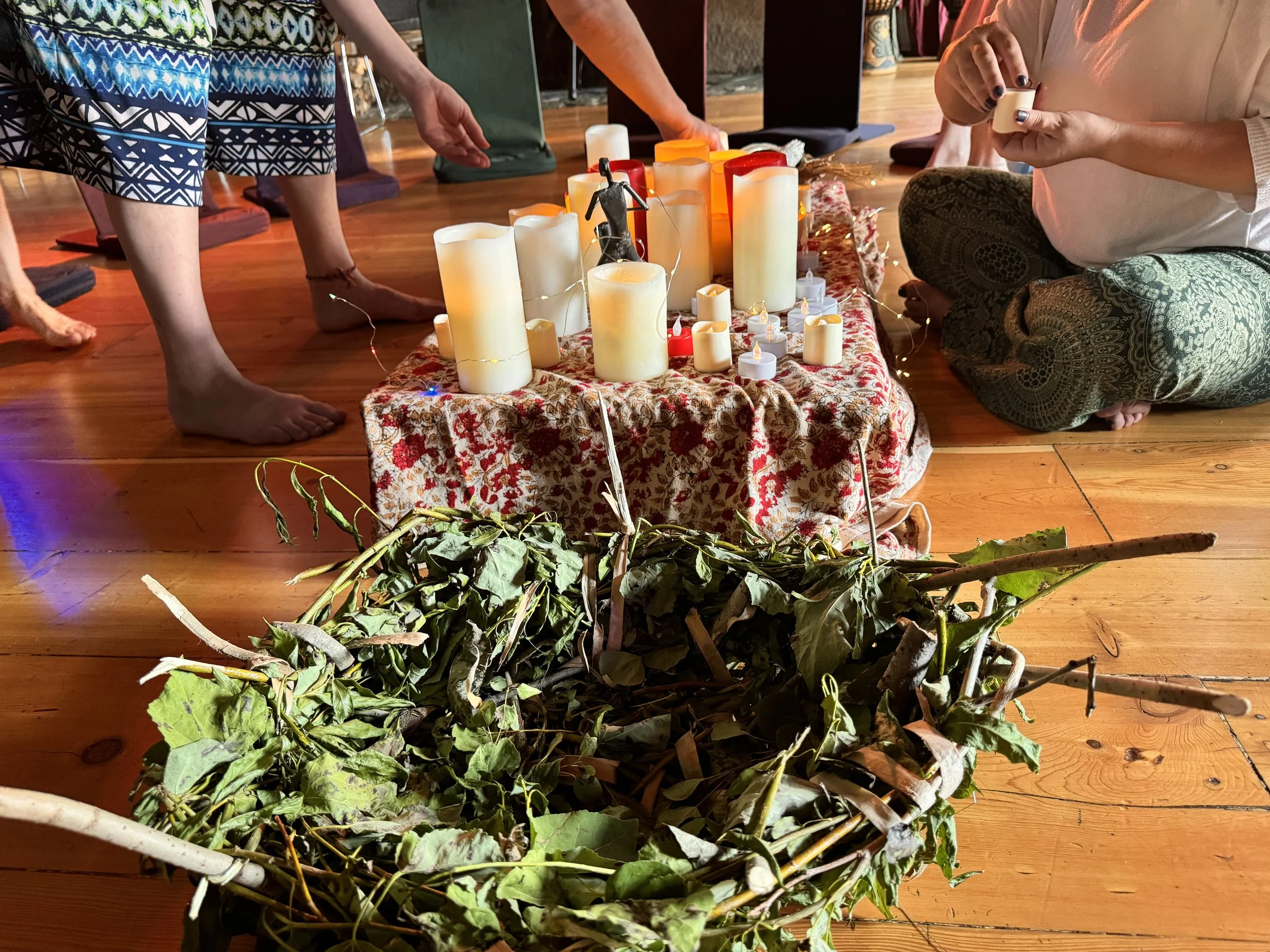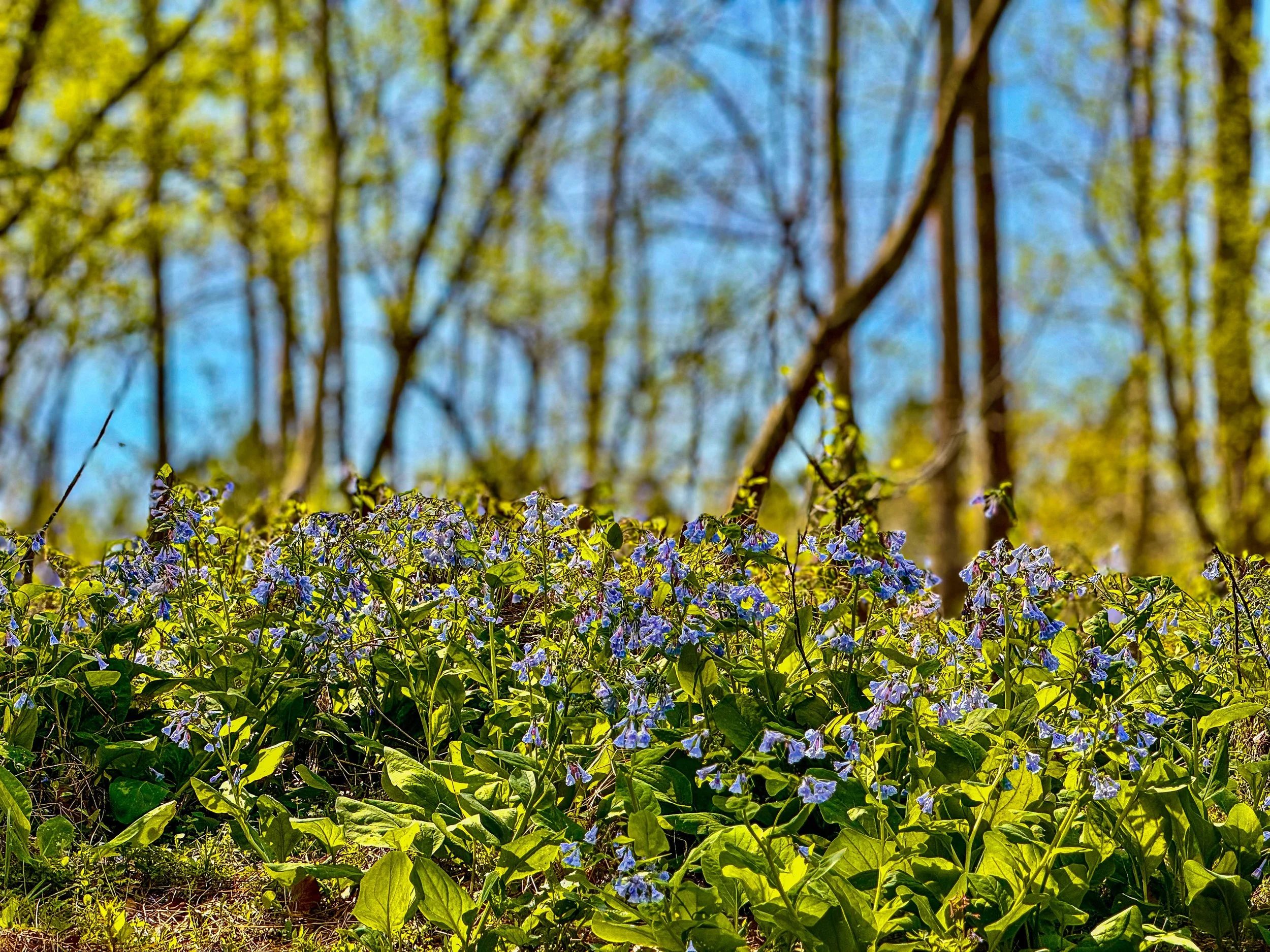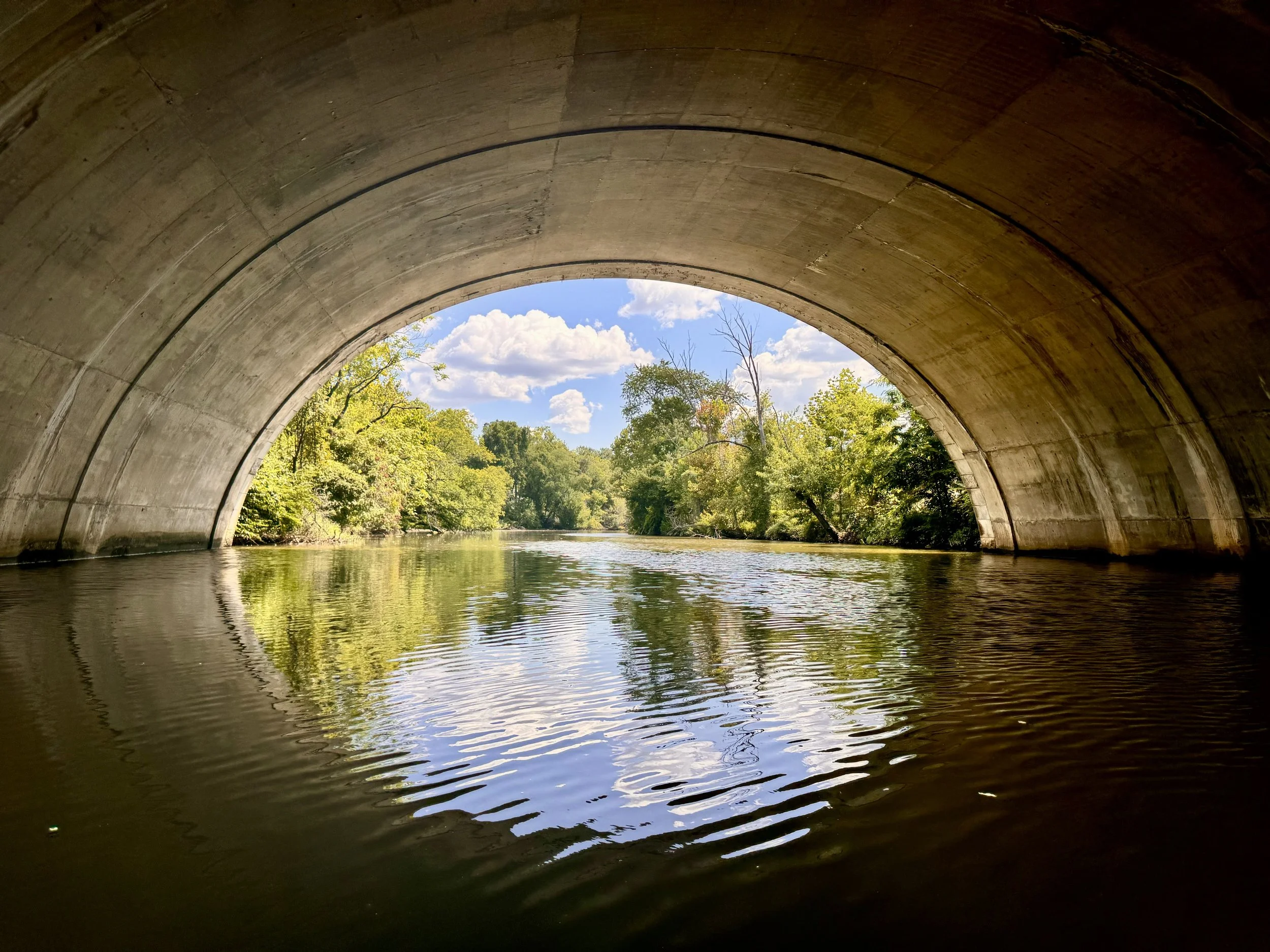We live in a culture that’s very good at celebrating outcomes and very bad at recognizing presence. We’re trained to look for proof of worth in accumulation, advancement, and visible success. But some of the most essential contributions in a life—care, listening, attunement, guidance, steadiness—don’t accumulate. They circulate.
Compassion is the Point
Movement Truth vs. Postural Idols
The Soft Art of Subtraction
There’s a funny thing that can happen when life finally offers us a rare bit of breathing room. Retirement, a quieter season, a shift in what tugs at our days. Suddenly there’s space. A clearing. And many of us, raised in the great tradition of noble overextension, react to that clearing with a kind of internal alarm: Quick! Fill it before someone notices!








